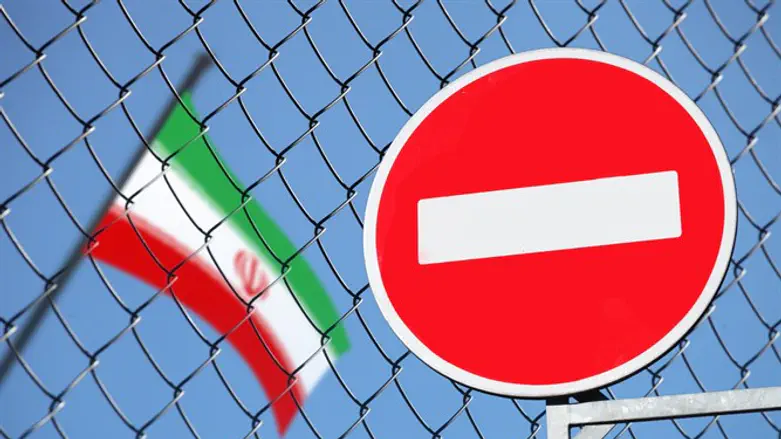
The US special representative for Iran, Elliott Abrams, insisted on Thursday that a pressure campaign of sanctions targeting Iran would persist into the administration of Joe Biden, despite the fact that the president-elect has pledged to potentially return to the 2015 nuclear deal between Iran and world powers.
Speaking to The Associated Press, Abrams, who also serves as the US special representative to Venezuela, said sanctions targeting Iran for human rights violations, its ballistic missile program and its regional influence would go on. That, as well as continued scrutiny by United Nations inspectors and American partners in the Mideast, would maintain that pressure, he said.
The Trump administration has regularly enforced sanctions on Iran since 2018, when it withdrew from the 2015 Iran nuclear deal, and has ramped up the sanctions in recent weeks, when its efforts to extend a UN arms embargo on Iran did not succeed.
Biden, however, has indicated he would return to the nuclear deal with Iran, and a close aide to him said this week that rejoining the Iran nuclear deal was “high on the agenda” of the President-elect.
“Even if you went back to the (deal) and even if the Iranians were willing to return ... this newly enriched uranium, you would not have solved these really fundamental questions of whether Iran is going to be permitted to violate long-term commitments it has made to the world community,” Abrams told AP.
Alireza Miryousefi, a spokesman for Iran’s mission to the UN, dismissed Abram’s comments.
“The policy of maximum pressure and sanctions against Iran has failed,” Miryousefi told AP. “The US effort to abuse this corrupt policy is futile and will only lead to further isolation of the U.S. on the international stage.”
The interview with Abrams took place a day after the International Atomic Energy Agency (IAEA) said in a new report that Iran continues to increase its stockpile of low-enriched uranium far beyond the limits set in the 2015 nuclear deal with world powers and to enrich it to a greater purity than permitted.
The IAEA also recently confirmed that Iran has begun construction at its underground Natanz enrichment site after a fire and explosion it described as “sabotage” struck its advanced centrifuge assembly plant in July.
Abrams described the construction as “another Iranian challenge” to the IAEA. He also criticized Iran for its slow response in allowing the IAEA to investigate a suspicious site outside of Tehran where it discovered particles of uranium of man-made origin.
“Iran denies that it ever had a nuclear weapons program,” Abrams said. “Therefore, it can’t now say, well, things you found from 2003, were part of our old nuclear weapons program. They’re caught in their own lie.”
Abrams mentioned US citizens still imprisoned by Iran, who activists and their families insist are chips in future negotiations. He also said the United Arab Emirates’ normalization deal with Israel also put new pressure on Iran, especially as the US plans a $23 billion arms deal for Emiratis to purchase F-35 stealth fighter jets and drones.
“I hope that next year the leverage that we’ve built up through our sanctions program is used (with) any form of pressure including, for example, Iranian fears about a developing relationship between Israel and Arab states in the region,” he said. “All of this pressure should be brought to bear to get Iran to change its conduct.”
